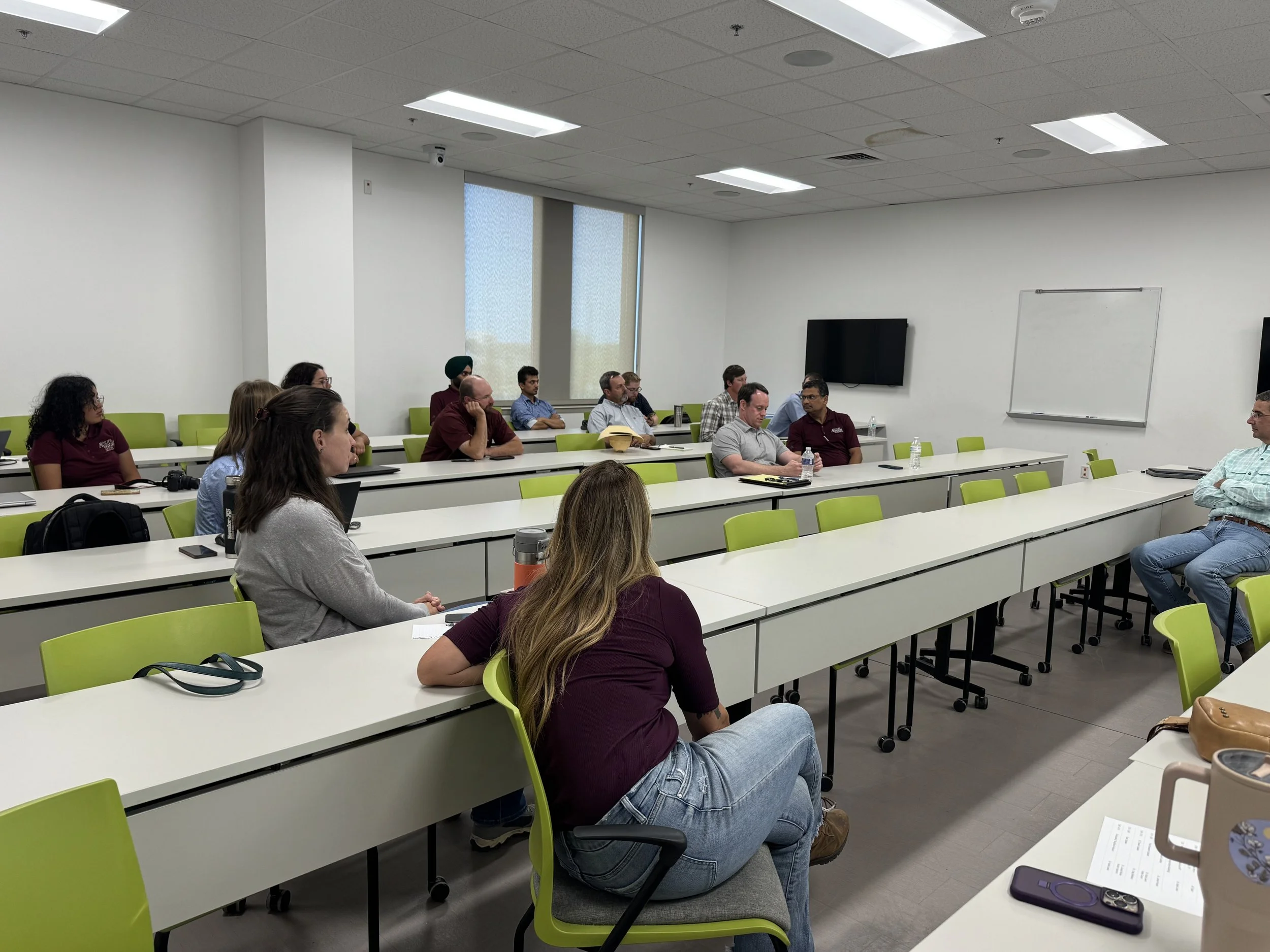From Row Crops to Perennial Forage: A Sustainable Shift in Agriculture
Texas A&M AgriLife researchers are partnering with producers like Cactus Feeders to evaluate the benefits of converting traditional row crops into perennial forage systems, an innovative approach that could transform water usage, soil health, and sustainability in West Texas agriculture.
This project is supported by the Foundation for Food & Agriculture Research (FFAR) through its Seeding Solutions program and aims to provide a comprehensive look at the agronomic, ecological, and economic outcomes of these systems.
This research is not just happening in labs, it’s taking place directly in the field. Cactus Feeders is a key collaborator, working closely with AgriLife scientists to host field trials, provide real-world feedback, and explore how perennial systems can work within commercial operations. This partnership brings science and production together, ensuring the solutions being tested are both practical and scalable.
The annual meeting was co-organized by Texas A&M AgriLife and Cactus Feeders, bringing together university scientists, industry professionals, and producers to reflect on the project’s early results and align on future research priorities. The meeting featured data presentations, open discussions, and a shared commitment to collaborative innovation in agriculture.
“For decades farmers have been altering irrigation strategies to conserve groundwater resources. This project takes a different approach by combining both annual and perennial systems to conserve the remaining groundwater resources. We are working directly with Cactus Feeders and producers to enhance the longevity of agriculture in the High Plains of Texas.”










